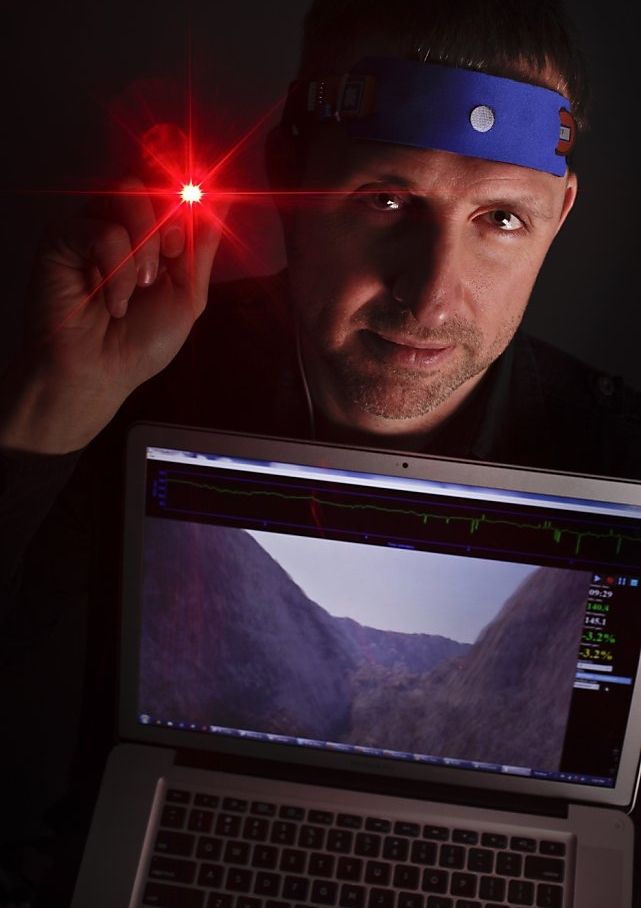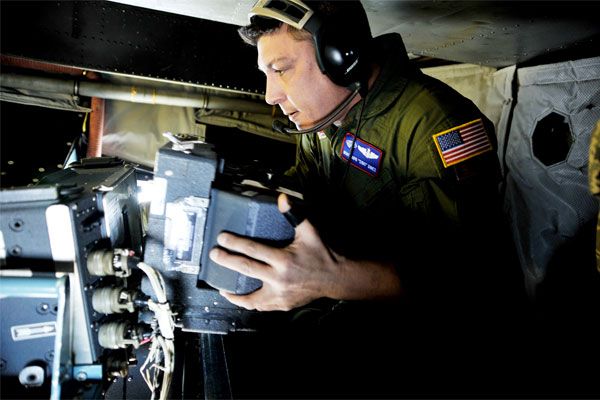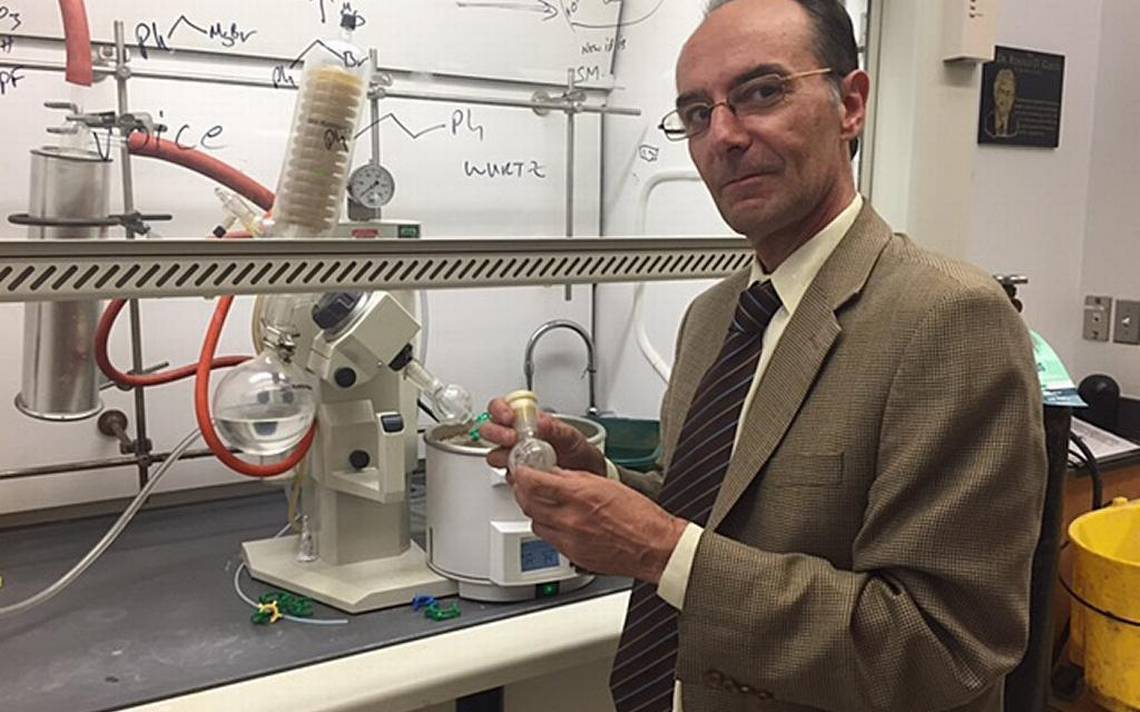Page 10961
Jul 30, 2016
Chip-enhanced political candidates coming soon
Posted by Zoltan Istvan in categories: biotech/medical, computing, cyborgs, geopolitics, internet, mobile phones, terrorism, transhumanism
My new OpEd article for the San Francisco Chronicle on chip implants and transhumanism: http://www.sfchronicle.com/opinion/openforum/article/Chip-en…694149.php They also did a 2-minute video of my presidential campaign: http://bit.ly/2aERJxc
The implant can do all sorts of things, like unlock my electronic house door, act as my password on my computer, and even send a text message when people with the right phone and app come near me. Keys, credit cards, ID cards, medical records and passwords — these are all things that can be replaced by a tiny chip in the hand. If having technology in your bodies sounds wacky, consider the millions of people around the world who have artificial hips or dentures, or deaf people who use cochlear implants to hear sounds. […] former Vice President Dick Cheney famously asked to have the Wi-Fi on his heart valve turned off, just in case terrorists tried to hack it. A company in Sylmar (Los Angeles County) called Second Sight already has FDA approval for bionic eyes.
Jul 30, 2016
Episode 007 – Control Alt Delete Cancer
Posted by Steve Hill in category: biotech/medical
A new Methuselah Foundation podcast with Dr. Haroldo Silva and David Halvorsen from SENS Research about their work with ALT Cancer!
Hi everyone! Check out this new Methuselah Foundation podcast with Dr. Haroldo Silva and David Halvorsen from SENS Research Foundation. Have a listen and find out why finding Cures for ALT Cancer is so important.
Continue reading “Episode 007 – Control Alt Delete Cancer” »
Jul 30, 2016
Scientists’ search for ‘noise-canceling’ gene networks supported
Posted by Karen Hurst in categories: biotech/medical, genetics

New Gene research.
Look closely at the raw materials that make up any group of cells and you’ll notice some “noise,” a term scientists use to describe natural variations in cellular composition.
Continue reading “Scientists’ search for ‘noise-canceling’ gene networks supported” »
Jul 30, 2016
Education Linked to Brain Tumor Risk
Posted by Karen Hurst in categories: biotech/medical, education, health, neuroscience
Education and socioeconomic status have been linked with cancer outcomes, but a new study now links higher education with the development of certain types of cancer.
The large observational study, published in the Journal of Epidemiology and Community Health, reports that a high level of education is associated with an increased risk of brain tumors. The study is based on data from 4.3 million Swedish adults who were monitored between 1993 and 2010. Overall, 5,735 men and 7,101 women developed a brain tumor during the observation period.
Men with at least three years of university-level education had a 19% greater risk of developing gliomas than men with only a compulsory level of education (nine years). Women with the same level of education had a 23% increased risk of gliomas and a 16% increased risk of meningiomas. Marital status and amount of disposable income only slightly affected the risk among men but not among women. Single men had a lower risk of glioma but a higher risk of meningiomas. Occupation also influenced brain tumor risks among men and women: men in professional and management roles had a 20% increased risk of gliomas and a 50% increased risk of acoustic neuromas; women in these roles had a 26% increased risk of gliomas and a 14% increased risk of meningiomas.
Jul 30, 2016
HoloLens Hack Fools the Brain Into Fixing Itself
Posted by Karen Hurst in categories: augmented reality, cybercrime/malcode, neuroscience

https://www.youtube.com/watch?v=tjoe3LrkiIk
Microsoft’s amazing HoloLens is the world’s first stand-alone headset that lets users see virtual objects and environments as if they existed in the real world. This device’s entertainment potential is practically unlimited, but as a Hackathon team recently demonstrated, it can also be used to rewire a malfunctioning brain.
A Microsoft employee suffering from myoclonus-dystonia —a condition where the misfiring of the brain causes uncontrollable muscle spasms—discovered that she could regain control during a spasm by looking at her partner’s feet rather than her own. And that’s how she got her great idea: Why not use the HoloLens to retrain the brain and get it to act differently? To that end, she recruited the Microsoft Hackathon team to put the idea to the test.
Continue reading “HoloLens Hack Fools the Brain Into Fixing Itself” »
Jul 30, 2016
Iran, Russia discuss creation of satellite, free trade zone
Posted by Karen Hurst in categories: economics, energy
Baku, Azerbaijan, July 30.
By elena kosolapova, farhad daneshvar – trend:
Russian companies are interested in the Iranian market, said Russia’s Energy Minister and Co-chair of the Russia-Iran Intergovernmental Commission on Trade and Economic Cooperation Alexander Novak.
Jul 30, 2016
China, Russia vow measures to tackle THAAD deployment
Posted by Karen Hurst in category: security
Beijing and Moscow have agreed that they will “proactively consider strengthening bilateral coordinating measures” to tackle the threat posed by the US and the Republic of Korea’s plan to deploy a powerful antimissile system on the Korean Peninsula.
The consensus was reached during the fourth China-Russia Northeast Asia security consultation in Mosow on Thursday, according to a news release of the Foreign Ministry on Friday.
Assistant Minister of Foreign Affairs Kong Xuanyou and Russian Deputy Foreign Minister Igor Morgulov co-chaired the meeting.
Jul 30, 2016
US surveillance plane makes emergency landing in Russia
Posted by Karen Hurst in categories: geopolitics, military, surveillance, treaties
We always hear how bad Russia is; etc. We never hear about these stories where they helped the US.
A U.S. Air Force surveillance plane making a routine flight over Russia to fulfill a treaty obligation was forced to make an emergency landing in eastern Russia earlier this week after experiencing a problem with its landing gear, a Pentagon spokes person told Fox News.
The unarmed American military plane had Russian officials on board as part of the 1992 Open Skies Treaty, which bounds 34 nations, including Russia and the United States, to allow military inspection flights to ensure compliance to long standing arms-control treaties and to offer greater transparency into each nation’s military capabilities.
Continue reading “US surveillance plane makes emergency landing in Russia” »
Jul 30, 2016
Could this experimental synthetic opioid break the cycle of addiction?
Posted by Karen Hurst in category: futurism
Researchers at the University of Maryland are developing a synthetic opioid painkiller that would not lead to physical dependence. The compound has been effective in animal testing, but tests in humans are still years away. So some experts are skeptical.














